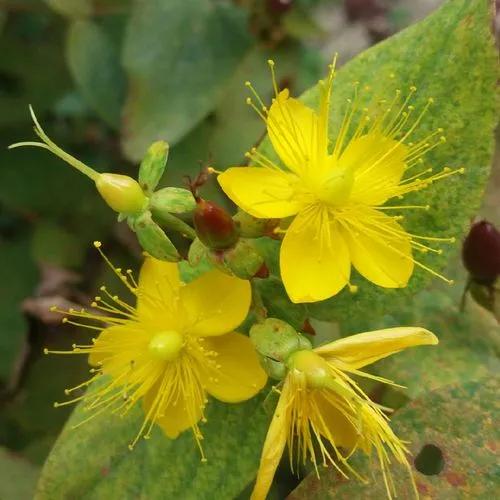Rieger begonias (B. × hiemalis), often called Elatior begonias, are hybrid begonias, originally derived from a cross between summer-flowering tuberous begonias (B. × tuberhybrida) and a rarely cultivated winter-flowering species, B. socotrana starting as far back as 1883. The name Rieger, now applied to all of them, comes a series introduced in 1955 from German hybridizer Otto Rieger. The alternate name, Elatior begonia, likewise derives from a once popular strain otherwise largely forgotten.Elatior begonias (Begonia x hiemalis) adorn homes across much of the United States, as these flowering plants are available year-round from florists and greenhouses. Typically grown as a summer annual, this plant can be grown outside in a sheltered location where temperatures range from 50 to 75 degrees Fahrenheit.
Begonia Elatior Care
Begonia Hiemalis
Other names: Reiger Begonia, Winter Flowering Begonias



How to Care for the Plant

Water

Elatior begonias prefer evenly moist soil that does not dry out between waterings. Check the soil often to determine the best routine for your plant. They may require daily watering during hot spells -- especially if summered outside. To check the soil, insert your finger into the soil to a depth of 1 inch. If the soil feels dry, your begonia needs watering.

Fertilizer

Fertilize begonia elatior every two weeks during the winter with a lime-free water-soluble fertilizer. Increase fertilizer to once a week during the summer when the plant is actively growing. Plants grown in containers typically require frequent applications of fertilizer, as nutrients leach through the soil with each watering. Always water your plants before applying fertilizer to reduce the risk of injury to the roots

Sunlight

Elatior begonias prefer bright, indirect light. When grown inside, place the plant near an east, west or southern window out of direct sunlight. Foliage scalds easily in the sun, and overheating may damage these tender plants. Place your begonia in a shaded location outside once nighttime temperatures remain above 50 degrees Fahrenheit.

Soil

Elatior begonias thrive in African violet soil mix, but you can make your own. Mix 2 parts potting soil, 2 parts leaf mold, 1 part perlite and one part aquarium charcoal. Add a handful of fir bark to the mixture and mix well. Moisten the mixture before using.

Temperature

Like all of the Begonia family, Elatior Begonia prefer daily indoor temperatures of 75 degrees with a low of 60 degrees in the night.They can tolerate higher temperatures as long as they have protection from the harsh sun rays. They are not frost intolerant and do not like being exposed to elements such as wind.

Popularity

133 people already have this plant 44 people have added this plant to their wishlists
Discover more plants with the list below
Popular articles






